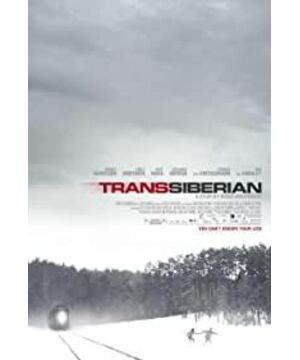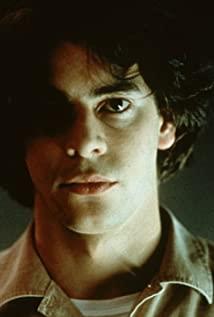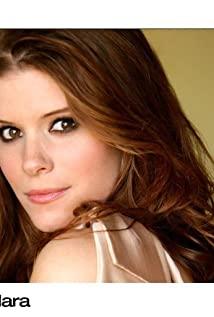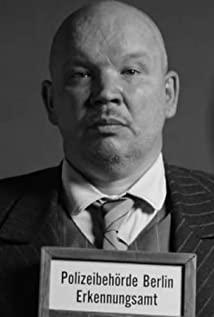And the movie "Across Siberia" can also be seen as a response to Pascal's words: an American couple, Jesse and Roy, refused to stay at home, but took the train on the Trans-Siberian Railway to Moscow. Among the various Russian passengers, the two seemed particularly cramped, conservative and ignorant. Then halfway through, another couple, Carlos and Abby, came up on the train. So the movie starts with the delicate relationship between the two couples, of course it's not just adultery.
"Crossing Siberia" has also been translated into "Murder on the New Orient Express", which shows that it is another film that shows the complex mental state of the characters in a claustrophobic space environment. However, if this kind of claustrophobia and complexity is not handled well, its plot outline is more likely to fall into the stereotype of thriller and suspense, and then be reduced to cheap sensory stimulation. Of course sensory stimulation is also necessary. Fortunately, the film's atmosphere creation and foreshadowing editing are in place. Indeed, before the big reversal of the climax of the whole film, as an audience, I really don't know which of the two couples will die first?
So speaking, this film's processing of sensory stimuli is relatively successful, although this kind of stimulation did not keep us until the last minute of the film, the whole mood is still a little weak after the climax of Carlos being hacked to death.
Some friends around me also watched this video and were very dissatisfied. They even hope that Siberia in the film can be a place of exile often mentioned in Russian novels, the Tunguska Tribal Alliance and the last frontier of Mongolia. It's a pity that it's really impossible for a movie to carry so many demands, so if some people want to be disappointed, they can only be disappointed.
It is true that the film uses the words "Siberia", but this does not prevent the fact that it is still a thoroughly British and American film. The film truly presents the appearance of New Russia from the perspective of Britain and the United States. Of course, in this presentation, it is inevitable that some political elements and national emotions will be involved. For example, Moscow in the lens is disorderly and chaotic, a mirror image of a barbaric alien place. Therefore, it is not difficult to imagine the ending of the film. It is after this prejudice that the plot will inevitably return to the narcissistic construction of the civilized and rationalized self-identity of the British and Americans - the American couple returned home safely, and the drug dealer Carlos died. , and Abby got a sum of dirty money, only to continue to run away. It seems that "Siberia" is just a virgin land for British and American films to continue to build a sense of self-fulfillment.
It seems that ideology is such a thing, invisible and intangible, but it exists in reality in the film. And this reality is already deeply rooted in the model of such British and American films. And the paradox of this matter, as a line in the movie says: If I got rid of my demons, I'd lose my angels. It can be seen that "Crossing Siberia" has become an Anglo-American model, but it has also failed in the Anglo-American model. While maintaining a smooth plot, it still falls into an ideological rut.
Speaking of movies, it is not difficult for Hitchcock fans to find that there are many places in the movie that do not know whether it is a tribute to the master or plagiarism. For example, the entry of the film is "Talking to Strangers", which is very similar to Hitchcock's "Stranger on a Train"; another example is Roy's sudden disappearance and return, and the shadow of "The Missing Lady"; another example Abby's escape from the double pursuit of villains and police is a bit like "Thirty-nine Steps". Of course, the most similar thing to Hitchcock in the whole film is how to try to make murder like love, and make love like murder. For example, in the movie, the man bathing in the woman's bathroom is indeed full of romantic and dangerous sexual attraction and sexual metaphors.
As for the actors, Emily, who plays Jesse, is the top priority. Fortunately, she is very relaxed and has intertwined a kind of sullenness peculiar to British actors and the conservative tradition behind this sullenness. On the one hand, this woman wanted to have an affair with someone, so at the beginning, she was ambiguous about the provocation from the stranger Carlos; but on the other hand, when Carlos really wanted to have an affair with her, he again Deputy Ai even hacked this man to death in the snow as if he didn't do it. And what’s even more interesting is that the whole film is also ambiguous about the characterization of Jesse. On the one hand, she is indeed a guilty person, but at the same time, another clue in the film is also constantly suggesting to the audience that about Carlos The crime of drug trafficking, etc. may be more serious. Therefore, the role of Jesse and her behavior are difficult to make simple definitions. To make matters worse, the woman in the film has to face being pursued by both the bad guys and the police, a situation she can't even talk to her honest husband. One of the very dark and humorous aspects of the film is that it is Woody Harrelson from "Born to Kill" who plays her husband Roy. All in all, these two acting schools did bring home the unease and anxiety of an American couple in Moscow, as well as the less visible desires after such unease and anxiety.
What's more worth mentioning is that the film's photography is quite excellent, and it has successfully shot a smooth and beautiful picture in the cramped and cramped train carriage, making the narrow space appear full and rich. As a result, this space itself has become a character under the lens, first comfortable and delicate, and then full of dangerous hostility step by step.
So after watching the film, I found out that Pascal was right? - We'd better stay at home and don't talk to strangers!
View more about Transsiberian reviews











